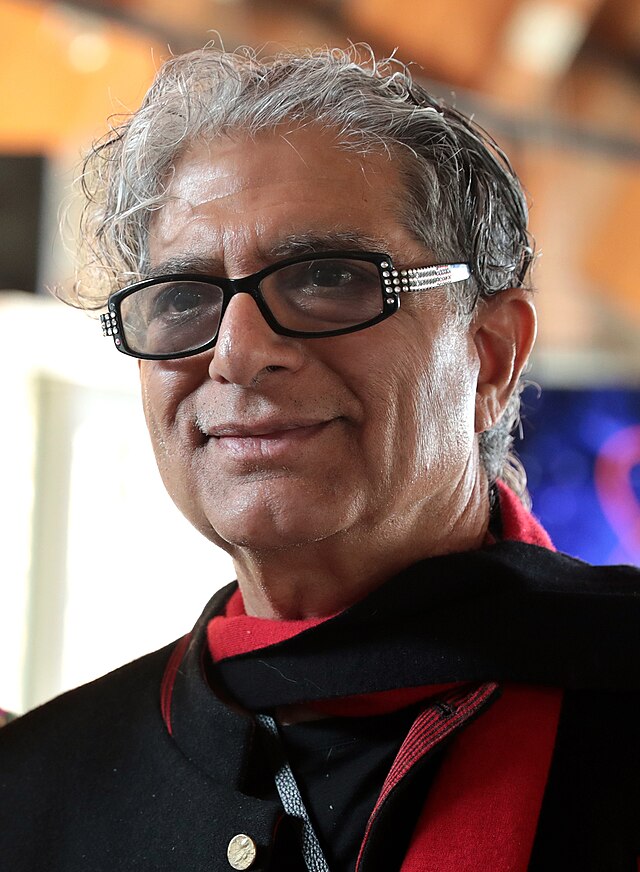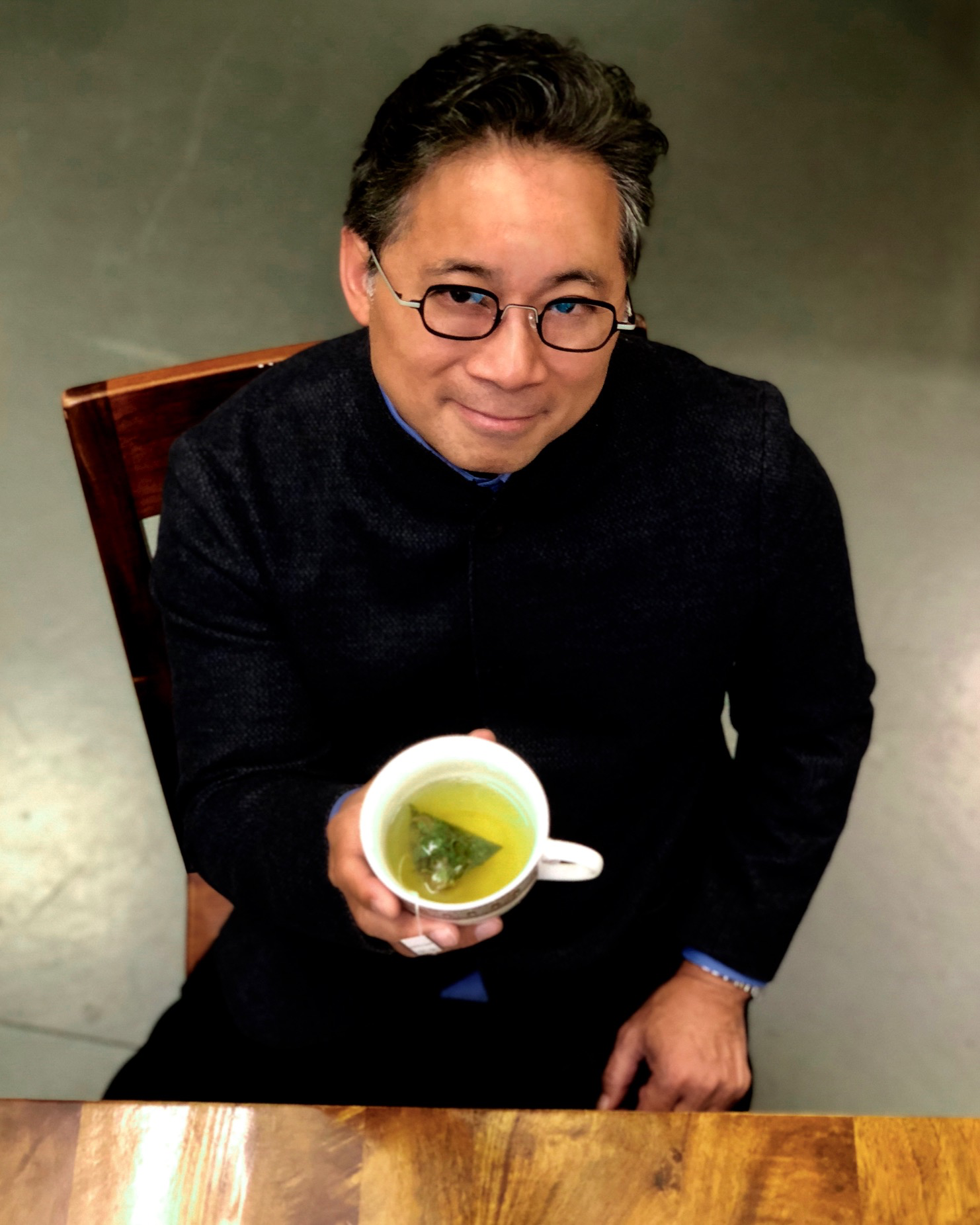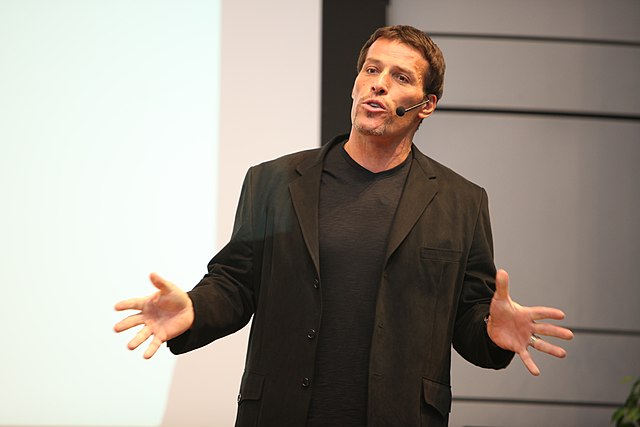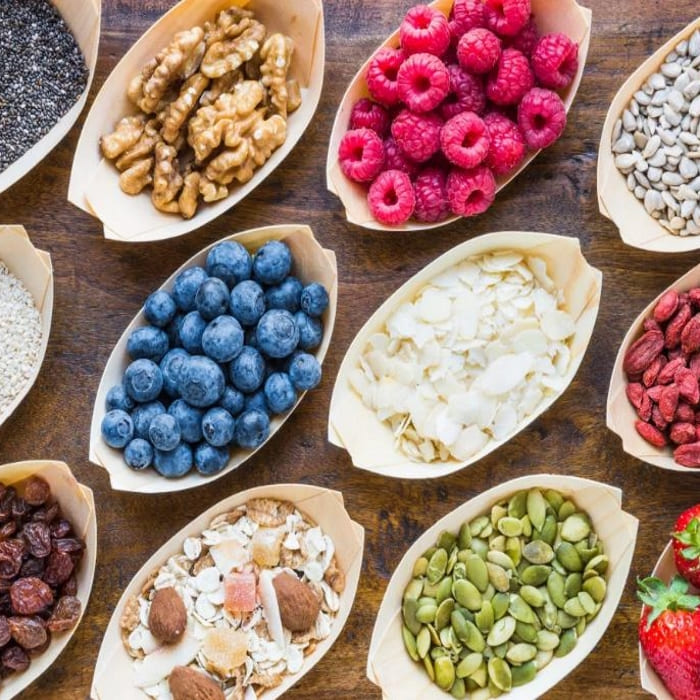Dr William Li’s Daily Schedule

Dr. William Li is a forward-thinking doctor and scientist who believes in using food to combat disease rather than relying only on medications. He's an expert in angiogenesis, spending his time on research and taking care of patients, all while sticking to healthy habits.
- Published: May 2, 2025
- Last Updated: May 2, 2025
-
-
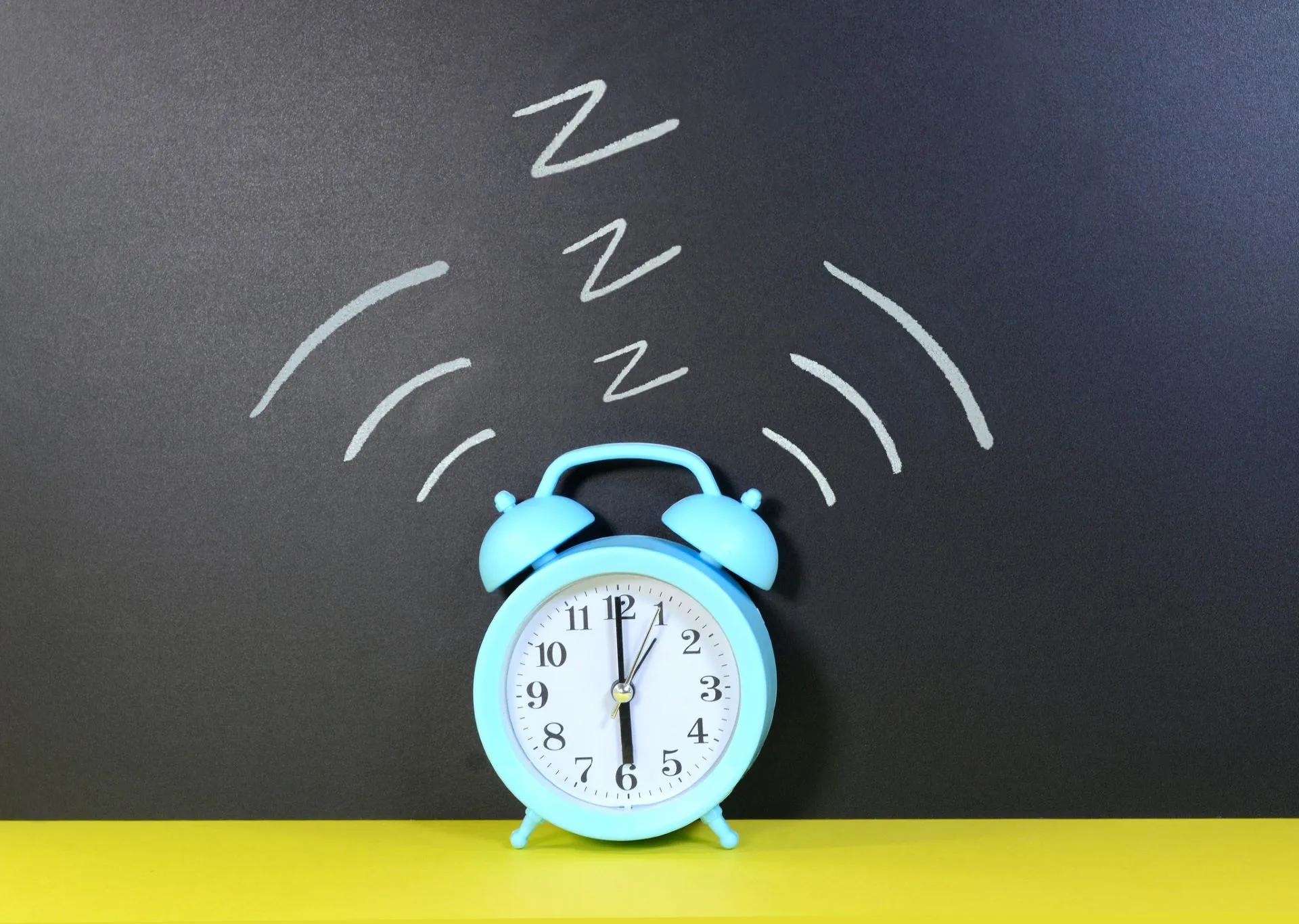
6:15 AM
Morning Routine
Dr. William Li starts his day by kicking his body’s natural defence systems into gear. As a doctor who believes in using food as medicine, he has a specific morning routine that helps with cell repair, boosts his mental sharpness, and gets his body ready to heal at its best.
- Wake-Up: Dr. Li gets out of bed right away to avoid feeling groggy. He believes it’s important to start the day feeling clear-headed and energized.
- Hydration Plan: He starts his morning by drinking water, coffee, or tea to stay hydrated. He doesn’t focus on warm lemon water or adding any special minerals.
- Morning Tasks: Once he’s up, Dr. Li spends about an hour showering, dressing, and getting ready for the day. He might check his emails, read a book, or walk outside during this time.
“The brain is about 75% water, and staying hydrated is essential for maintaining cognitive function.”
Extended Fasting Window
- Delayed Breakfast: He pushes back breakfast to extend his overnight fast, like stopping eating at 8 PM and waiting until 7 AM or later to eat again.
- Skips breakfast entirely: On hectic days, he skips breakfast and just grabs a few unsalted nuts, such as walnuts or almonds, for fibre and healthy fats.
Dr. Li skips breakfast sometimes to give his body a chance to reset and recover. It helps keep his metabolism steady and supports his overall health.
Breakfast (When Consumed)
Dr. Li starts his day with a healthy breakfast packed with nutrients. He focuses on foods rich in polyphenols to help reduce stress and support his gut health, and he drinks black coffee to boost his metabolism.
- Polyphenol-rich foods: Berries like strawberries and blackberries are packed with anthocyanins and ellagic acid. Sourdough toast with Lactobacillus reuteri is great for gut health, and Kiwi or other fruits that protect your DNA.
Post-Breakfast – Professional and Cognitive Focus
He dives into deep work sessions focused on research and public education.
Dr Li analyzes clinical trials, writes about food-as-medicine principles, and manages emails efficiently to minimize distractions.
- Research and Writing: Dr. Li conducts medical research, studies clinical trials, and writes books, such as “Eat to Beat Disease.”
- Patient Consultations: Examines case studies to link research with real-world health outcomes.
- Email Management: Takes 20 minutes to sort through important emails.
This is when Dr. Li focuses on writing, researching, and caring for patients. He uses his clear mind to advance his “food as medicine” mission.
-
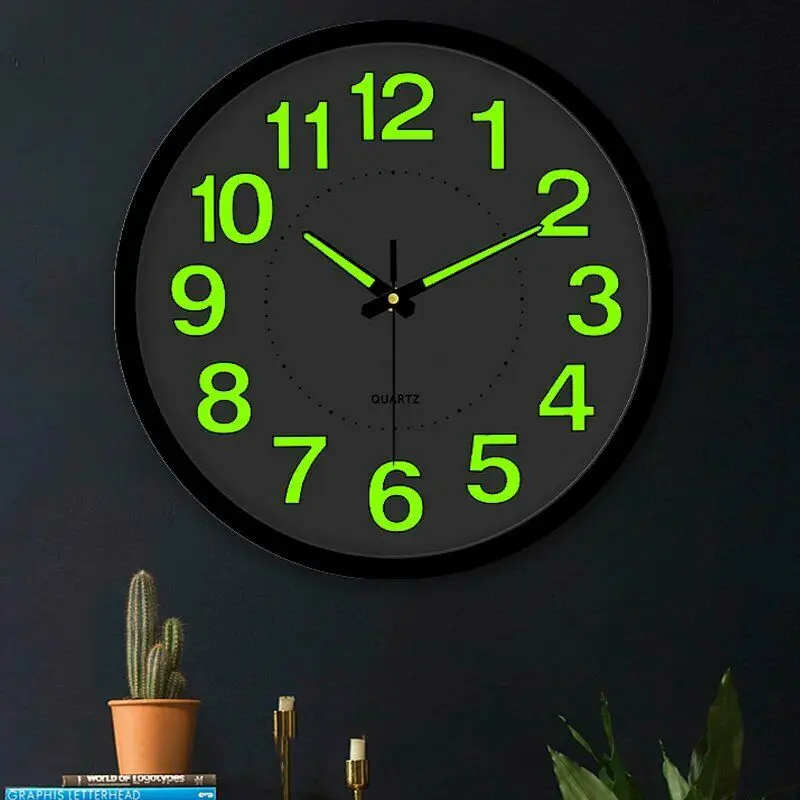
10:00 AM
Mid-Morning Hydration & Movement
After working a bit, Dr. Li likes to refresh himself by drinking water and doing light stretches. He makes green tea because it has some good health benefits, and then takes a quick walk to get his blood flowing and clear his mind.
- Hydration: Dr. Li drinks water or green tea throughout the day to stay hydrated. He likes green tea for its catechins, which help with cell repair and metabolism.
- Movement Breaks: To maintain circulation and mental clarity, he avoids prolonged sitting by taking short walks or engaging in light physical activity every 60 to 90 minutes.
“Our health defences are like The Great Barrier Reef; it’s an ecosystem where everything works together.”
Dr. Li prepares healthy meals that support inflammation and heart health. It’s a bright mix of foods meant to make you feel better from the inside.
-
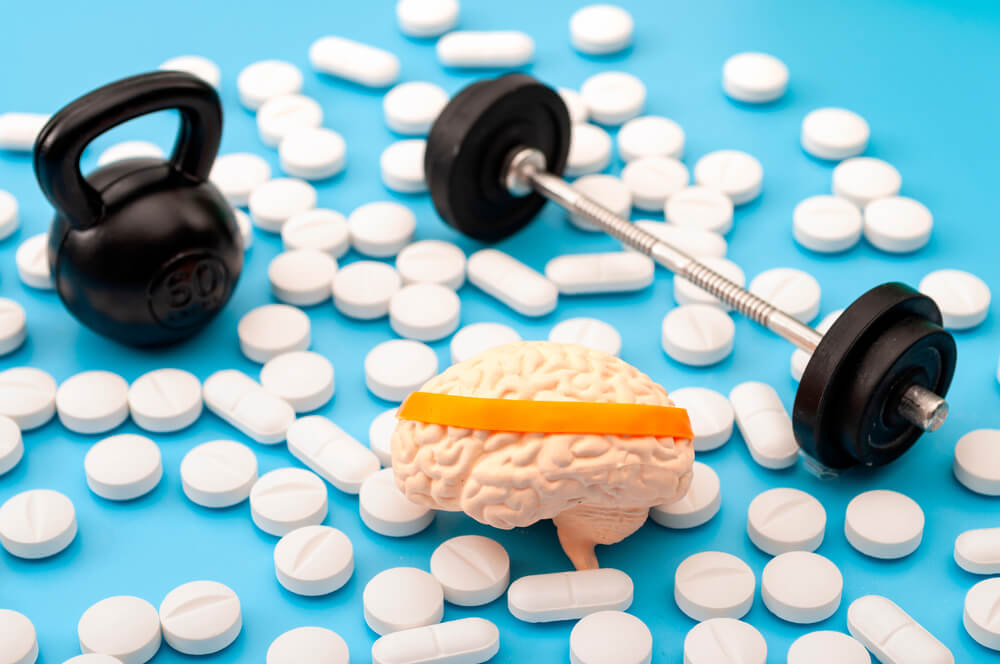
Get Healthy and Stay Focused with These Supplements
Dr. William Li focuses on keeping his cells healthy, staying strong, and ensuring good blood flow every day. His important research in blood vessel growth and metabolism requires him to stay sharp and full of energy. With the right supplements, you can help your body defend itself, improve your brain health, and feel your best, just like him.
- Quercetin: This is a strong antioxidant and anti-inflammatory that helps keep the immune system strong and assists with cell repair. It works well with your body to help lower stress from free radicals and support healthy aging.
- Vitamin D3: This vitamin is important for your immune system, bone strength, and mood. It’s a key part of Dr. Li’s approach to preventing disease and maintaining a healthy metabolism.
- Vision Support Nutrients: This supplement is designed to support your eyes, providing nutrients like lutein and zeaxanthin, which are antioxidants that specifically help protect the retina from oxidative stress
- Vitamin K2: It works with Vitamin D3 to help manage calcium in your body, keep your arteries flexible, and maintain strong bones. It’s important for heart and bone health.
- Beta-Alanine: This supplement helps you stay energized for longer and combat fatigue during workouts, whether you’re just getting started or working out intensely. It boosts your stamina and overall performance.
- Sodium Bicarbonate: Sodium bicarbonate helps balance your body’s pH levels and keeps lactic acid in check, making it useful for physical activities, from daily tasks to intense workouts.
If you want to think more clearly, move with ease, and stay strong as you age, these supplements can support your brain, immune system, and overall health, just as Dr. Li recommends.
-
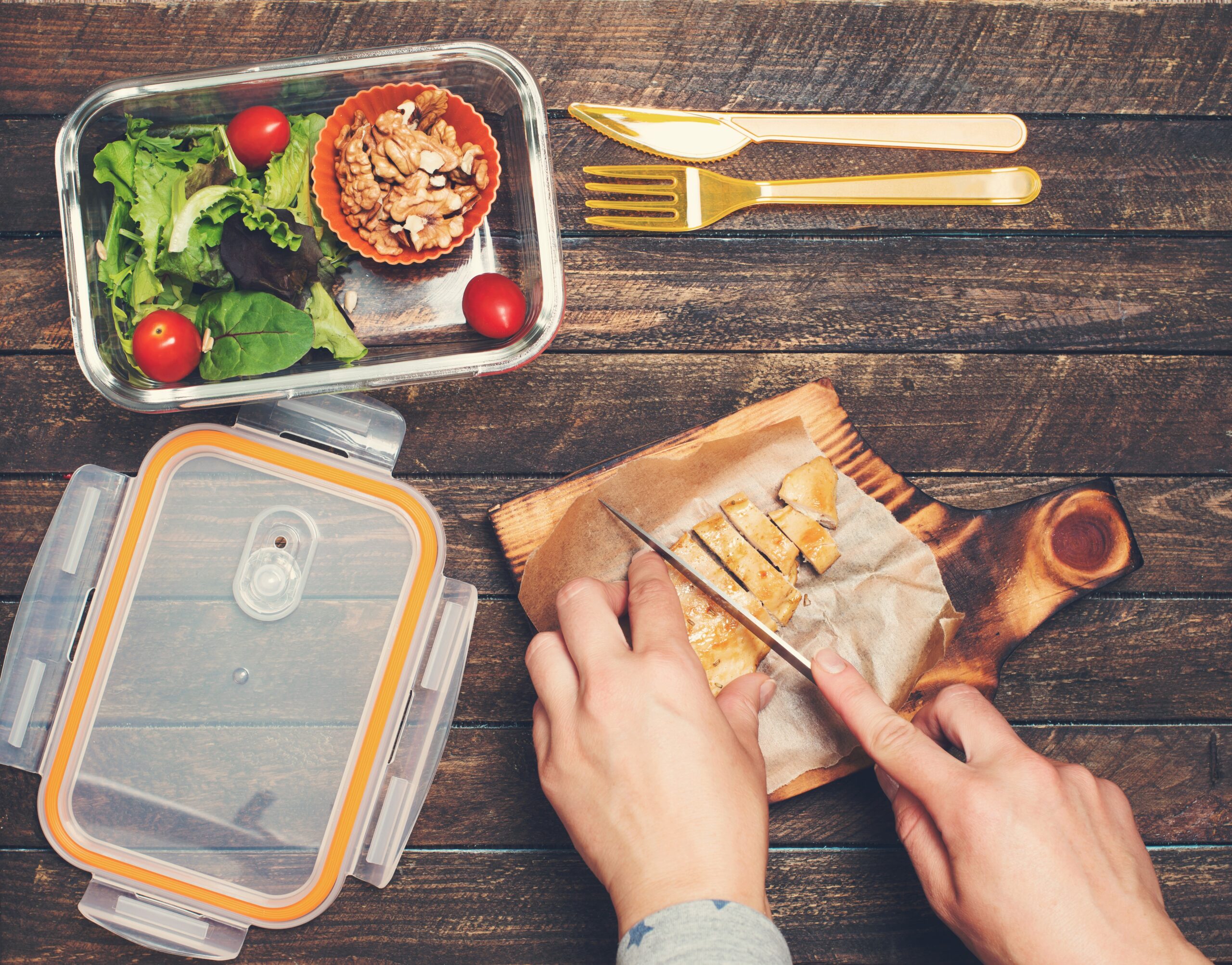
12:00 PM
Preparing Lunch
Dr. Li enjoys meals that focus on vegetables, which help with inflammation and keep his blood vessels healthy. He fills his plate with leafy greens, vibrant veggies, and fish high in omega-3s, all topped off with some good olive oil.
- Leafy greens: He includes all greens, such as spinach or kale, which are great for your health.
- Fatty Fish: He also adds fatty fish such as sardines or mackerel for their healthy omega-3 fats and low mercury content.
- Polyphenol-rich vegetables: To round out the meal, he adds some veggies, nuts, seeds, and an olive oil dressing to promote good gut health and help his cells.
“The decisions we make today can have huge implications tomorrow.”
-
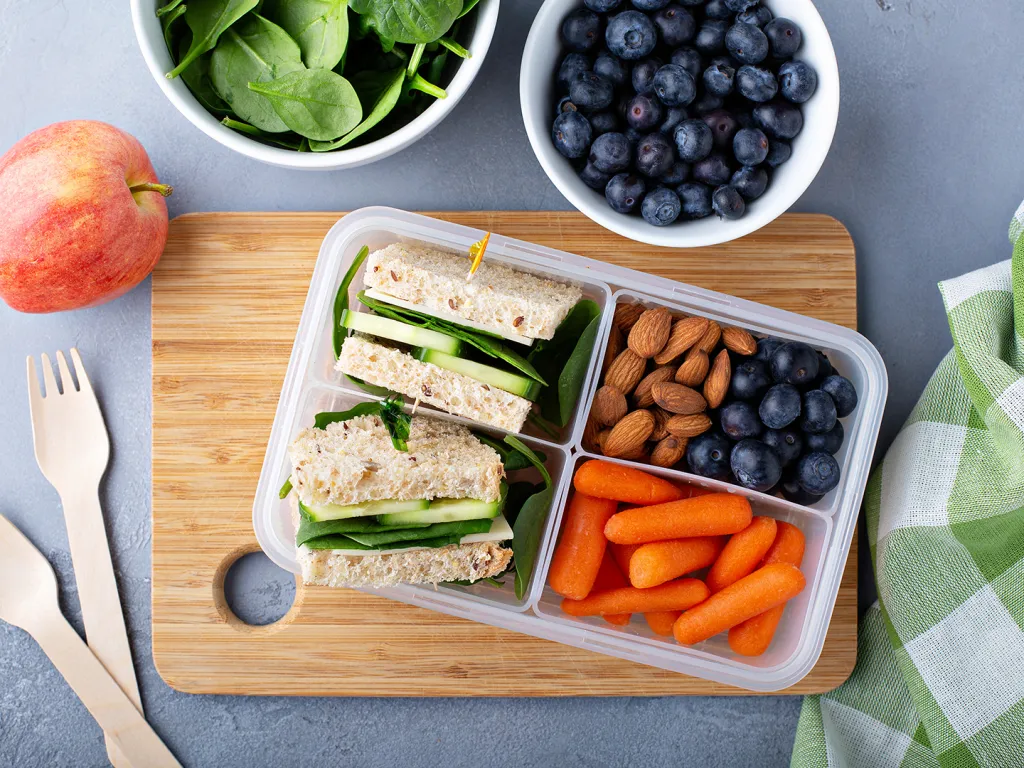
1:00 PM
Post Lunch
Dr. Li shares science with everyone. He reads new studies, posts on social media, and prepares for talks. His goal is to make health information easy to understand.
- Literature Review: Check out PubMed for new studies on endothelial glycocalyx repair or how the microbiome interacts.
- Creating Content: Writing social media posts or blog articles to make complicated science easier for everyone to understand.
- Podcast Prep: Looking into topics for interviews, focusing on practical health tips.
“Science is only useful if it reaches people where they live.”
-
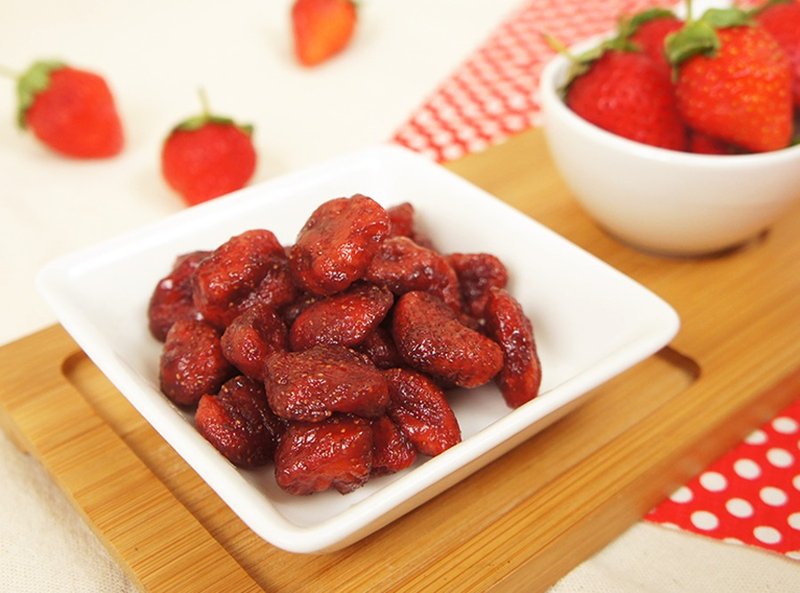
3:00 PM
Afternoon Snack
Dr. Li eats healthy foods for energy without high blood sugar. He picks walnuts for a sleep aid, pumpkin seeds for minerals, or pomegranate seeds to fight cancer.
- Nuts and Seeds: A handful of walnuts for some melatonin and omega-3s, or pumpkin seeds for magnesium.
- Optional Fruits: Adds a bit of fruit like blueberries or pomegranate seeds for a nice boost.
“Snacks are a chance to reinforce your health defenses, not undermine them.”
His snacks are simple; they help with sleep, fight inflammation, and boost his immune system without causing a sugar crash.
-
-
-

6:00 PM
Dinner
Dr. Li has his biggest meal of the day, focusing on foods that aid cell repair and support overnight recovery. He usually goes for roasted veggies, lean proteins, whole grains, and a cup of herbal tea to keep inflammation down.
- Vegetable Base: 2 cups of Brussels sprouts or heirloom tomatoes
- Protein: oz of salmon or chicken
- Whole Grains: ½ cup of farro or black rice
- Herbal Tea: Chamomile or ginger
“Dinner is where I load up on foods that repair the damage of the day”.
-

7:00 PM
Evening Wind-Down
After dinner, Dr. Li takes it easy with light activities to help him wind down and get a better night’s sleep. He goes for a short walk to aid digestion, reads non-fiction, and stays away from screens to help maintain his melatonin levels.
- Light Activity: He takes a quick 10-minute walk to manage his blood sugar.
- Reading: He reads books on longevity or history.
- Digital Detox: Li has a strict rule of no screens an hour before bed.
“Your evening routine sets the stage for how well your body repairs itself overnight.”
Dr. Li likes to take calm evening walks without screens. This really helps him stay on track with his sleep schedule. These small habits make a big difference in how well he sleeps and in his overall health.
- Light Activity: He takes a quick 10-minute walk to manage his blood sugar.
-

9:30 PM
Bedtime Routine
After winding down, Dr. Li sticks to good sleep habits to help his body and mind recover.
He ensures his room is cool, writes down things he’s grateful for, and aims for 7 to 8 hours of sleep to keep his health in check.
- Room Temperature: He usually sets the room temperature to 65°F (18°C).
- Gratitude Practice: Dr Li jots down three positive things in his journal.
- Sleep Duration: He focuses on getting enough REM and deep sleep.
“Sleep is when your body becomes its own best doctor.”
-
-
-
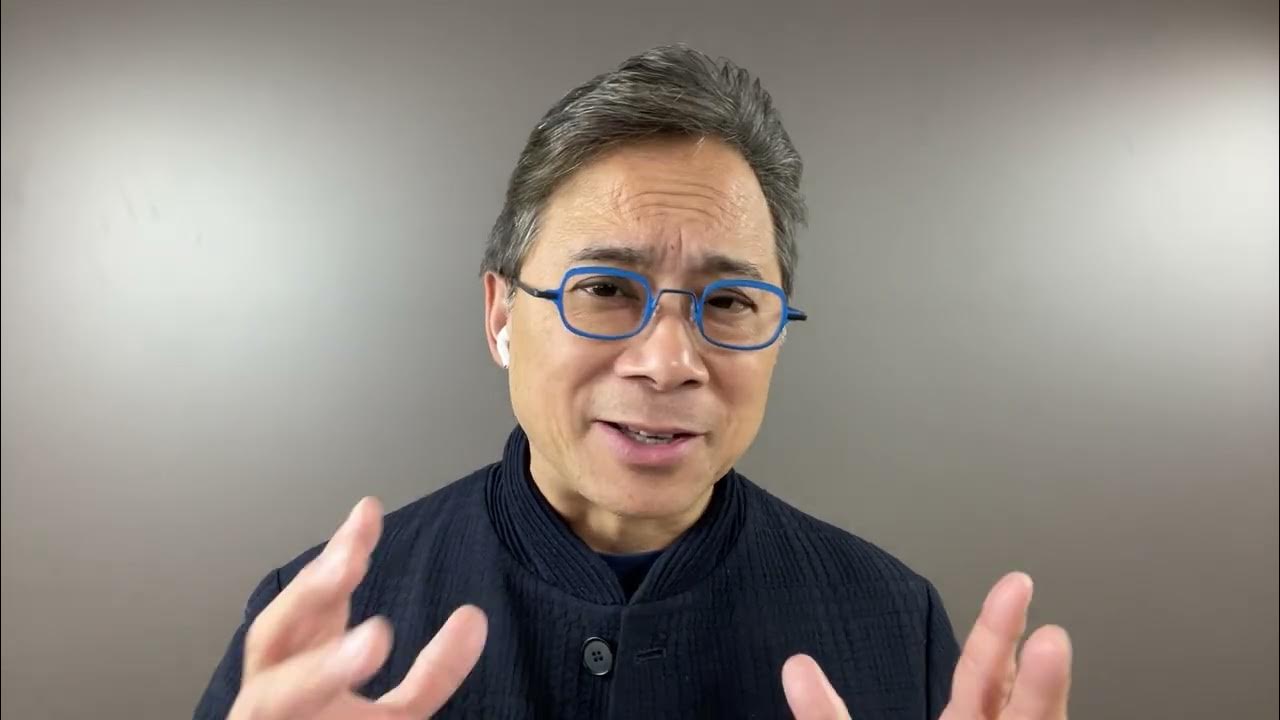
The 5x5x5 Framework: Dr. Li’s Science-Backed Daily Blueprint
5 Core Foods to Eat Daily:
- Berries (like wild blueberries or strawberries) – 1 cup for antioxidants
- Cruciferous veggies (like broccoli or kale) – 1.5 cups for health benefits
- Omega-3s (such as salmon or flaxseeds) – 30g for heart health
- Fermented foods (like kimchi or kefir) – 2 tablespoons for gut health
- Green tea or matcha – 3 cups for extra antioxidants
5 Daily Must-Do’s:
- Get 10 minutes of morning sunlight within 30 minutes of waking up
- Feed your gut with a mix of prebiotics and probiotics
- Move your body with some walking or yoga for better blood flow
- Set aside 90 minutes for deep focus work
- Avoid screens after 8:30 PM
5 Important Health Metrics He Monitors:
- HRV (Heart Rate Variability) with a Whoop band
- Blood sugar levels after meals with a CGM Level
- Sleep cycles (REM and deep sleep) tracked with an Oura Ring
- Inflammation markers with weekly CRP tests
- Blood vessel health using monthly scans
-
